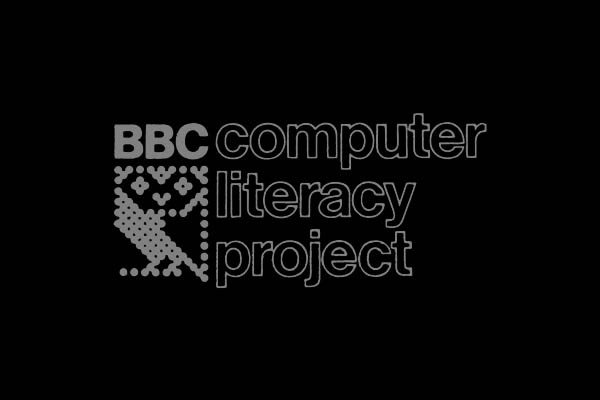The 1980’s was an amazing time for computer technology – this was the time frame the concept of the microcomputer came into its own, bringing the ability to own a fully functional computer system into the average home.
Computers however are strange machines, compared to what we normally have around our houses. Everything else we own has a purpose and simply does it – your refridgerator keeps your food stored cold so it doesn’t rot, your stove provides heat to cook your food, your sink provides a controlled source of water, your television allows you to watch entertainment and news programs, these are all simple things.
A computer, by comparison, does nothing but sit there. You have to tell it what you want it to do, usually in arcane ways. These were new devices to the average person, but everyone knew they were going to become important as time passed.
Indeed, they have – we live our lives day in, day out, with computers. Our “phones” are really small pocket computers that are more powerful than those we had on our desks 10 years ago, and while their usability is debatable, and we certainly don’t have to program them ourselves, the fact remains these predictions on computers becoming critical to our lives was quite valid.
In the early 80’s, though, well, you had to know how to work with a machine. Computer logic was a foreign thing to most everyone in the common populace (and sadly still is today, but for reasons beyond ignorance) and several groups felt the need to educate the populace. One of these was the British Broadcasting Corperation (The BBC.) Competitor station ITV began a computer program called “The Mighty Micro” which discussed the up and coming microcomputer scene.

Combine natural television competitiveness with the British government wanting the nation to become skilled with computers to better compete in future markets, and you get the BBC Computer Literacy Project, a massive set of television programs focused on the world of microcomputers, and a computer to act as a standard for the British School System to teach students about these new machines – The BBC Micro, a computer with its own rather amazing back story.
I’m just scratching the surface of this project, and while my above story is just a simple interpretation of the origins of this rather amazing program, that can be forgiven for one reason: I’m an American. Not only was I born a few years after much of the core of this project had happened, but I’m on the other side of the Atlantic! Not until the past decade had I even been aware this project had happened, but oh, what an amazing event it is for anyone who, like me, enjoys old computers.
With the BBC finally creating an archive site containing virtually all of the Computer Literacy Project’s television programming there is no reason for me not to cover it much in the same way I’ve covered “Bits and Bytes” and “The Computer Chronicles.” Of course, being American will make this all the more interesting for me, given the cultural differences between us and the British, especially when contrasted with how both cultures were nearly 40 years ago.
I’m expecting it to be a fun time, but it’s also going to be a hell of a writing session for me – apparently there are somewhere around 200+ programs on the BBC archive, which is going to give me quite a bit to cover. Granted, I may not need to go into too much detail on many individual episodes, but still, the eventual covering of all of the project would be amazing, and provide incredible insight into how the British public learned about computers in the early 1980’s.
So, yeah, that’s about that. Soon enough I’ll begin writing and, well, we’ll see what comes of it.
